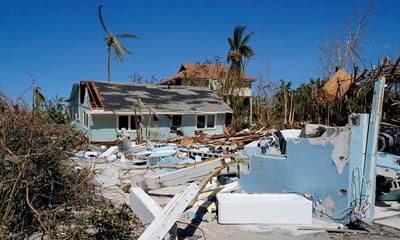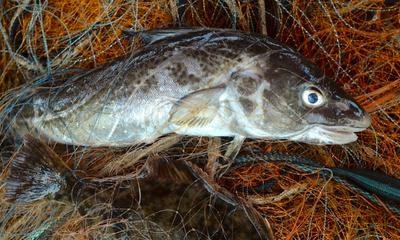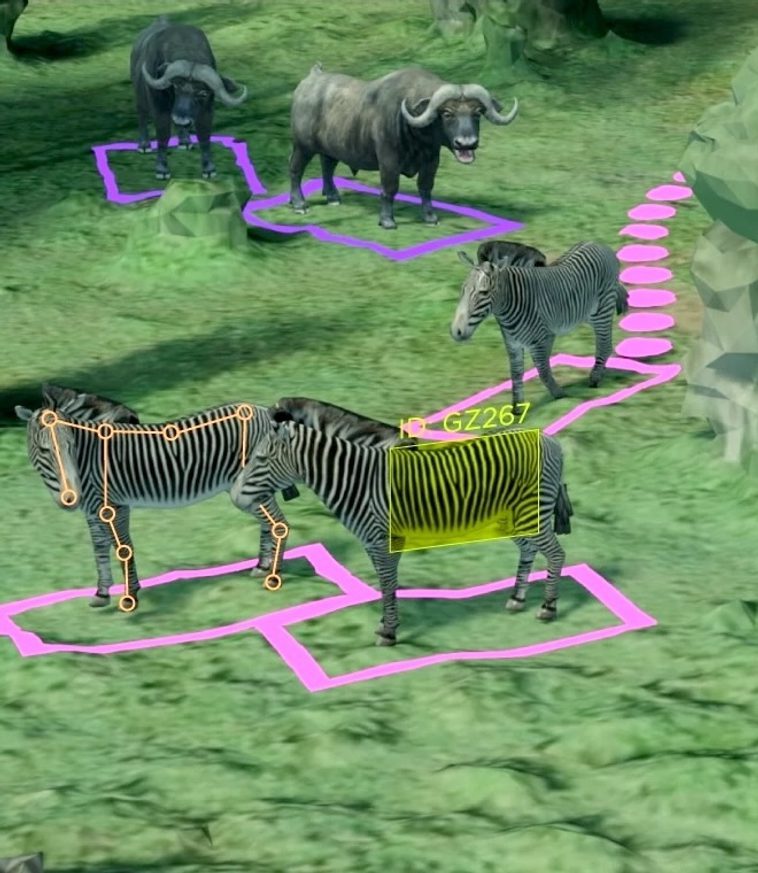
After years underestimating the risks posed by climate-fueled disasters, the U.S. home insurance industry is in turmoil. In vulnerable areas, rising insurance costs are upending housing markets and communities, as homeowners scramble to try to find insurance they can afford.
-
INTERVIEW
Inside the Plastics Industry Playbook: Delay, Deny, and Distract
In an interview with e360, Saabira Chaudhuri, author of a new book on the history of the plastics industry, discusses how petrochemical companies worldwide have molded consumers to embrace convenience and disposability — no matter the environmental and public health costs.
-
Biodiversity
Freeing Captive Bears from Armenia’s Backyards and Basements
Ahead of a major biodiversity summit set for Armenia, the country has pledged to crack down on the practice of keeping wild bears in captivity. Rescuers are removing Syrian brown bears from hellish conditions in private homes and businesses and bringing them to a rehab center.
-
Food & Agriculture
In Indonesia’s Rainforest, a Mega-Farm Project Is Plowing Ahead
The Indonesian government is fast-tracking a massive agricultural project that is turning 7 million acres of tropical forest into rice and sugarcane farms. Critics say it is the world’s largest deforestation project and would upend the lives of thousands of Indigenous people.
FILM CONTEST WINNER
In the Yucatan, the High Cost of a Boom in Factory Hog Farms
In “Slaughter-land” — the First-Place Winner of the 2025 Yale Environment 360 Film Contest — two Latin American filmmakers document how hundreds of mega-farms that contain tens of thousands of pigs are trampling Indigenous rights and befouling the air and water in the Yucatan.
E360 Digest
-
As Ice Melts, a New Island Emerges in Alaska
The Alsek Glacier in southeastern Alaska once encircled a small rocky mound known as Prow Knob. But in recent decades, the retreat of the glacier has left Prow Knob as a freestanding island. More about As Ice Melts, a New Island Emerges in Alaska →
-
U.S. Spending Bill to Grant $40 Billion in Fossil Fuel Subsidies
A report finds that the Republican spending bill will grant $40 billion in new subsidies to the oil and gas industry over the next decade. More about U.S. Spending Bill to Grant $40 Billion in Fossil Fuel Subsidies →
-
A Pollution Paradox: Western Wildfires Improve Air Quality on the East Coast
Western wildfires are producing massive plumes of smoke that have, in recent years, clouded eastern skies. But a new study finds that, paradoxically, heat from fires is reshaping weather patterns in ways that are actually improving overall air quality on the East Coast. More about A Pollution Paradox: Western Wildfires Improve Air Quality on the East Coast →
Never miss an article. Subscribe to the E360 Newsletter for weekly updates delivered to your inbox. Sign Up.

Biodiversity
Shrinking Cod: How Humans Are Impacting the Evolution of Species
Biologists once thought that humans did little to affect the course of evolution in the short term. But a recent study of cod in the Baltic Sea reveals how overfishing and selective harvest of the largest fish has caused genetic changes that favor slower growth and smaller size.
-
INTERVIEW
In the Transition to Renewable Energy, China Is at a Crossroads
For the first time, wind and solar are beginning to displace coal power in China, causing emissions to drop. Analyst Lauri Myllyvirta explores the challenges ahead for policymakers, who must now choose between propping up coal or doubling down on the shift to clean energy.
-
E360 Film Contest
In India, a Young Poacher Evolves into a Committed Conservationist
In “Chasing Birds” — Second-Place Winner of the 2025 Yale Environment 360 Film Contest — filmmaker Salma Sultana Barbhuiya explores how Rustom Basumatary, who came of age during a time of violent conflict in the Indian state of Assam, found identity and purpose in nature.
-
Cities
‘Sponge City’: Copenhagen Adapts to a Wetter Future
Climate change is bringing ever more precipitation and rising seas to low-lying Denmark. In response to troubling predictions, Copenhagen is enacting an ambitious plan to build hundreds of nature-based and engineered projects to soak up, store, and redistribute floods.

